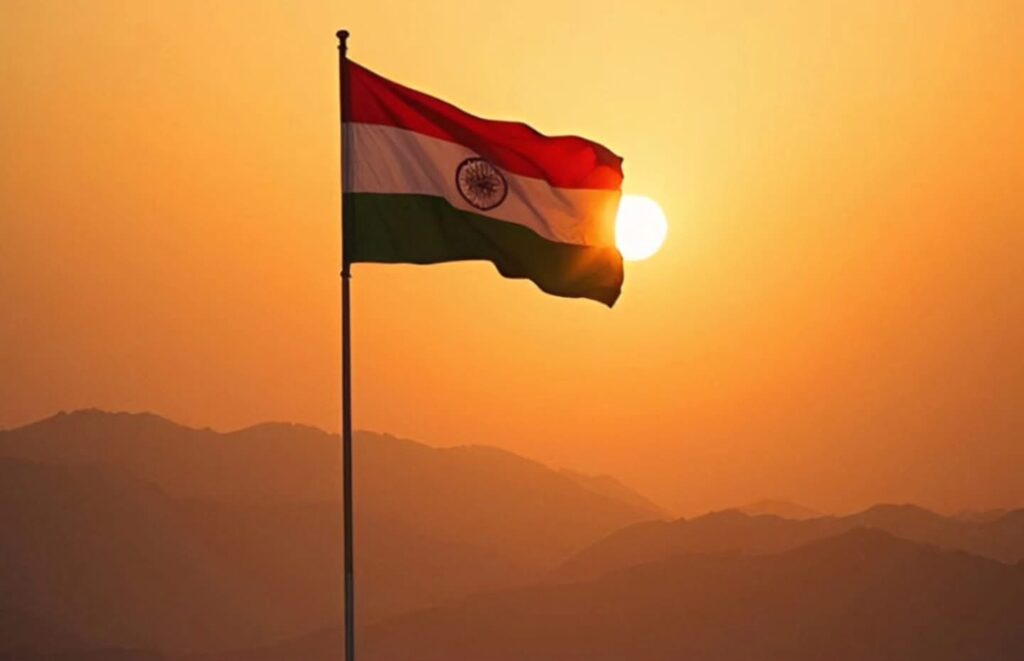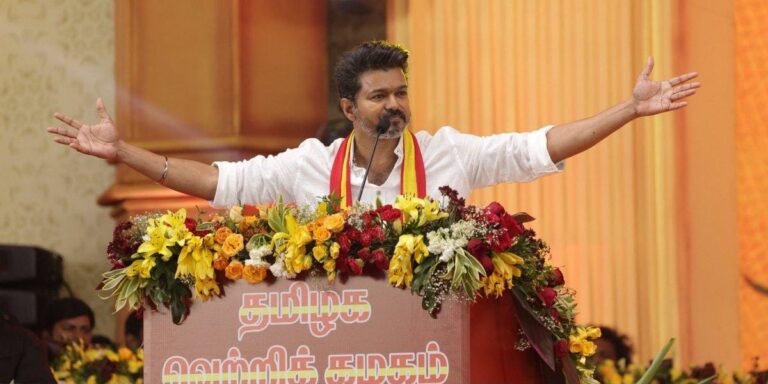
As India celebrates its 79th Independence Day today, it is time to reflect on the journey of a nation that gained freedom from British rule in 1947. Over nearly eight decades, India has made remarkable progress, yet many challenges continue to test the country’s potential and its people.
Progress Since Independence
In these seven decades, India has made remarkable progress. Politically, we have built one of the largest democracies in the world. Regular elections, peaceful changes in government, and the protection of our fundamental rights are achievements we often take for granted, but they remain the foundation of our freedom.
Economically, India has moved from a largely agrarian country to a major global player. Technology, services, pharmaceuticals, and even space research have put our country on the world map. Cities are buzzing with opportunities, start-ups are thriving, and the youth are dreaming bigger than ever before.
Education and literacy have also improved significantly. From a time when barely one in ten people could read, we now have a literacy rate approaching 77%. More schools, colleges, and universities are reaching far corners of the country. Healthcare and social programs, like vaccination campaigns and sanitation drives, have also helped millions lead healthier lives. Yet, all this progress has not reached everyone equally.
Challenges and Flaws
Despite the impressive achievements, India still faces significant challenges. Corruption and inefficiency in politics and bureaucracy continue to slow down development and frustrate citizens. Many government services remain slow and inaccessible, particularly for people in rural areas.
Infrastructure is another major concern. While urban centers have seen rapid modernization, many rural regions still struggle with poor roads, unreliable electricity, and limited access to clean water. This urban-rural divide highlights the uneven pace of development across the country.
Poverty and inequality remain pressing issues. Despite economic growth, millions of people still live below the poverty line, and wealth is concentrated in the hands of a few. Social inequality affects access to education, healthcare, and basic opportunities, leaving large sections of the population behind.
Education and healthcare quality continue to be inconsistent. While literacy rates have improved, many schools and hospitals, especially in rural areas, lack proper infrastructure and trained personnel. This limits access to quality education and healthcare for those who need it most.
Environmental and resource challenges also threaten sustainable development. Pollution, water scarcity, and climate change impact millions of lives. Rapid industrialization and urban expansion have often come at the cost of the environment, creating long-term challenges for future generations.
Looking Ahead: A Better Tomorrow
Despite these challenges, there is hope. India’s journey is far from over. Strengthening governance, improving infrastructure, and making quality education and healthcare accessible to everyone are steps we must take urgently. We need policies that focus on the poor and marginalized, and we must care for our environment while pursuing growth.
Independence gave us freedom, but real development means creating a country where every citizen can live with dignity, security, and opportunity. The task is enormous, but it is achievable if we focus on what truly matters: fairness, inclusivity, and progress that touches everyone.
On this 79th Independence Day, we should celebrate our achievements but also reflect honestly on the work that remains. India has come a long way, but its journey continues. Freedom was just the beginning. Now, the goal is a nation where every citizen, in every corner of the country, can dream, thrive, and live a life of true dignity.
India’s journey over 79 years shows impressive achievements but also major gaps, especially in governance, equality, and basic infrastructure. Independence brought freedom, but development is still a work in progress.


